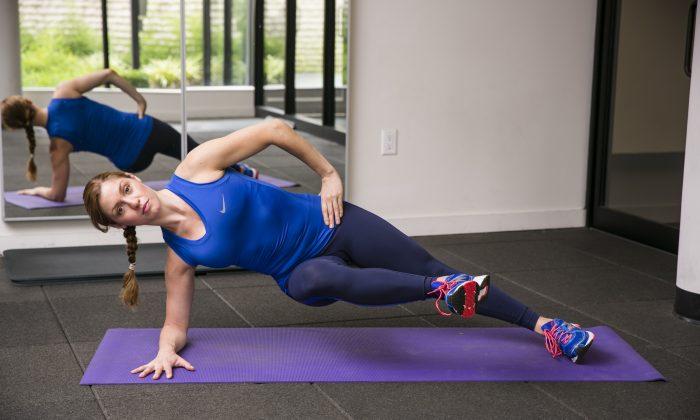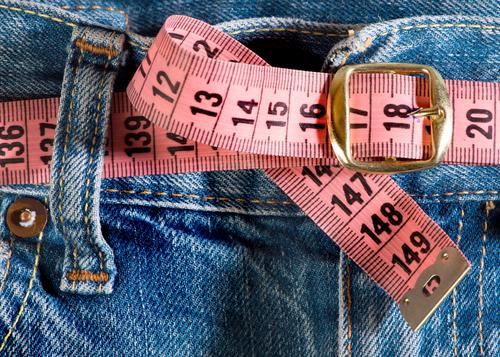Have you ever hit a plateau when trying to lose weight or get fit? The experience can be extremely frustrating.
Plateaus often happen when you are ready to change or modify your exercise or eating program. Your body will adapt to what you have been doing, and it no longer feels challenged to change.
How to Spot a Plateau
Your weight can fluctuate by as much as five pounds in a day. Some days you may have consumed too much salt or eaten too much, or you may be having hormonal fluctuations that are causing you to retain water.Breaking Through a Plateau
You will plateau for a variety of reasons. Most commonly, it is because you need to change your exercise routine more often and tweak your diet so your body can change again.1. Change your workout routine more often.
If you are generally not athletic, or never have been, and sit more often than not, you can probably get away with changing your routine every three to four months.However, if you learn movement with ease and build strength fast, you need to change your routine every two to six weeks (depending on how active you are). Otherwise, you will stop progressing and simply maintain what you have built.
Changing your program can be as simple as making it more challenging by increasing your speed in your cardio routine or increasing your weight or number of repetitions in your strength-training routine.
It may mean taking the exercise to the next level. For example, if you perform squats with weight and want to make it more challenging without increasing the weight, try taking away stability by squatting on a wobble board or performing one-legged squats instead.
If you always run, try another form of cardiovascular exercise such as biking, hiking, or swimming. Or try a routine that includes movements such as squat jumps, burpees, mountain climbers, and side shuffles.
2. Move more.
Sometimes we work out and eat well but we are actually more sedentary than not. If that rings true for you, make an effort to simply move more.3. Move less.
As counter intuitive as this may sound, if you are a mover and exercise a lot, maybe you aren’t allowing yourself enough time to recover, rest, and digest. It is during the rest periods that we actually burn fat, so be sure not to overdo exercise.According to a study published in The American Journal of Physiology, overweight men who exercised for 30 minutes a day actually lost a little more weight than those who went for the full 60 minutes.
4. Write it down.
Because food is so conveniently within reach for most of us, it is easy to end up eating more than we think we are eating. A chip here, a slice of bread there, a handful of nuts, a taste of dessert, cream or sugar in our drinks—it all adds up. Eventually we stop losing weight or even start gaining it.5. Get busy with things you love.
I have always had the easiest time losing weight when I am busy with interactive events such as errands, creative projects, and social occasions that don’t revolve around food.The less time I have, the less I eat. When I have time on my hands, it is easy to notice every little twinge of hunger and respond to it, but when I am engaged in life, I no longer revolve my schedule around hunger and so I naturally eat less.






